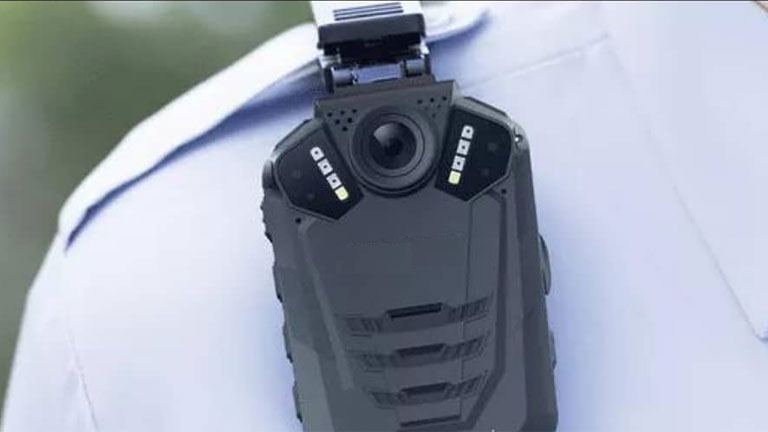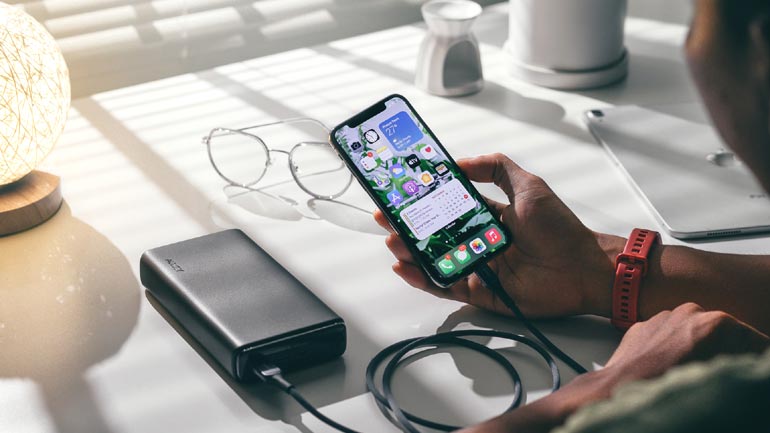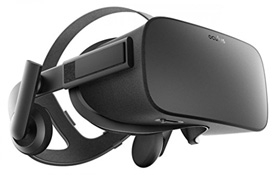
When it comes to law enforcement, there is no question that body cameras have become a hot topic in recent years. On the one hand, many people argue that these cameras help to hold officers accountable for their actions. On the other hand, there is concern that civilians may be more likely to act out if they know they are being recorded. So what is the truth? Do body cameras really affect behavior?
Usage of body cameras
There are a variety of reasons why departments may choose to use these cameras, including increasing transparency and accountability, improving officer safety, and gathering evidence.
Some people argue that body cameras can help to prevent police brutality. In theory, if officers know they are being recorded, they may be less likely to use excessive force. Additionally, body camera footage can provide valuable evidence in cases of alleged police misconduct. For example, the infamous case of Eric Garner, who died after being put in a chokehold by a New York police officer, might have had a different outcome if there had been body camera footage to review.
On the other side of the argument, some people believe that body cameras may actually lead to more violence. They argue that civilians may be more likely to act out if they know they are being recorded. Additionally, they point to the fact that body camera footage can be manipulated and may not always provide an accurate portrayal of events.
The truth is, there is no definitive answer to this question. Every situation is different, and it ultimately comes down to a department’s specific needs and goals. However, one thing is clear: body cameras are here to stay, and they are likely to have a significant impact on law enforcement for years to come.
Capturing Evidence
One of the most important roles of body cameras is to capture evidence. This footage can be used to investigate crimes, protect officers from false accusations, and hold people accountable for their actions.
In many cases, body camera footage has been instrumental in bringing about justice. For example, the death of Philando Castile was captured on body camera footage and led to the conviction of the officer who shot him. Similarly, body camera footage was key in the prosecution of Michael Slager, the police officer who shot and killed Walter Scott.
At the same time, it’s important to remember that body camera footage is not always accurate. The footage can be manipulated, and it may not always provide a clear picture of what happened. In some cases, body camera footage has actually been used to defend officers who have been accused of misconduct.
For example, in the case of Eric Garner, the officer who put him in a chokehold was not indicted after a grand jury saw the body camera footage. Similarly, the officers involved in the death of Breonna Taylor were not charged after prosecutors reviewed body camera footage of the incident.
Do they affect behaviour?
There is no easy answer to this question. The reality is that both officers and civilians may behave differently when they know they are being recorded. For example, if an officer knows that his or her actions are being recorded, he or she may be less likely to use excessive force. Similarly, if a civilian knows that he or she is being recorded, he or she may be less likely to act out in an aggressive or violent manner.
On the other hand, there is also the potential for negative effects. For instance, some people argue that body cameras could lead to more “showboating” from officers. In other words, officers may be more likely to show off or perform for the camera, rather than focus on their job. Additionally, there is the potential for body cameras to invade the privacy of civilians. For example, if a victim of domestic violence knows that he or she is being recorded, he or she may be less likely to report the abuse.
The use of body cameras by law enforcement is a controversial topic. There are pros and cons to their use, with some believing that they hold officers accountable for their actions, while others believe that they may lead to more violence. Ultimately, it comes down to a department’s specific needs and goals.
However, one thing is clear: body cameras are here to stay, and they are likely to have a significant impact on law enforcement for years to come.




